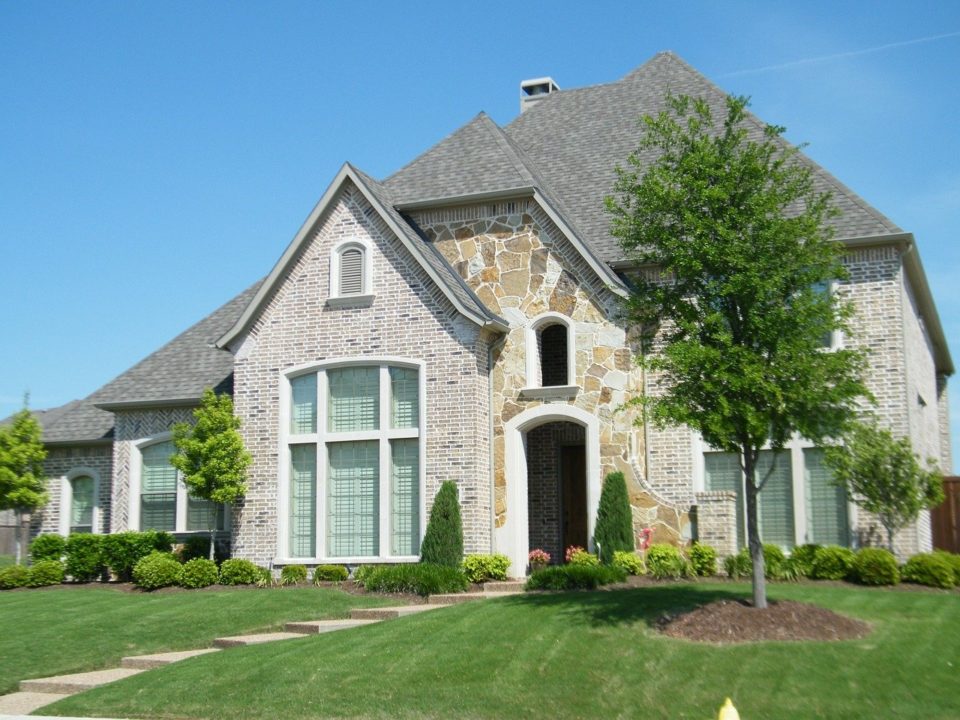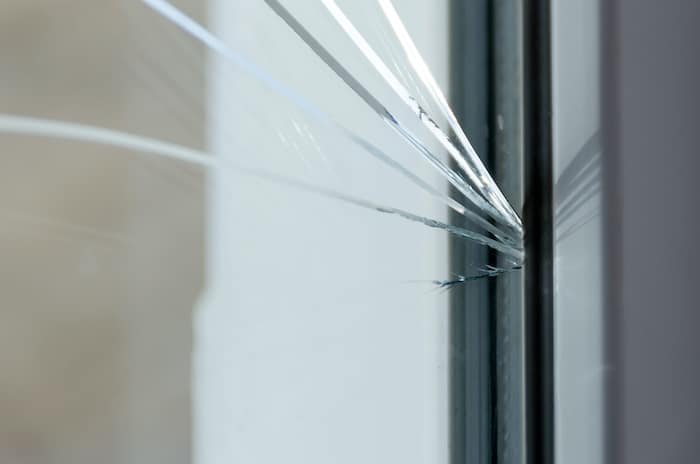
Poorly designed or improperly installed windows could be costing you money in higher-than-normal energy bills. Heating and cooling your home or business accounts for up to 30 percent of your energy use, so if your windows are inefficient, you could be paying more than you should. Energy-efficient windows not only save you money on energy bills, but they create a comfortable home environment throughout every season.
Tell-tale signs your windows are failing in the energy efficiency department: condensation on the glass when outdoor temperatures are warmer than your indoor temperature or ice buildup when it’s cold outside. Still other signs include moisture between the panes, cracked or peeling weatherstripping, or mold around the window frame.
What are your options for improving your home’s energy efficiency when it comes to windows? You could check for air leaks and use caulk and weatherstripping to reduce energy loss. You could also add curtains, storm windows, solar control film or exterior shades like overhangs or awnings. Or you could opt to replace your windows altogether.
If you decide to replace your windows, knowing what makes a window energy efficient will enable you to make an informed decision. What makes a window energy efficient? Consider these features:
An ENERGY STAR and NFRC label
Check the product’s energy performance label, which includes the U-Factor and Solar Heat Gain Coefficient (SHGC). The U-Factor measures the rate of heat transfer and tells you how well the window insulates. The SHGC measures the fraction of solar energy transmitted and tells you how well the product blocks heat caused by sunlight. These ratings from the National Fenestration Rating Council are included on all ENERGY STAR-certified windows and are helpful when you’re shopping for new windows.
Proper installation
To ensure your windows are installed properly, rely on a trained professional. The professionals will take into account your home’s construction, its exterior cladding, and the type of windows you choose to ensure a proper installation.
Vinyl window frames and sash materials
Wood or aluminum-framed windows just can’t compete with vinyl when it comes to insulating properties. Vinyl is much stronger, more durable, requires less maintenance and offers the best insulation against cold and heat transfer.
Low-E glass panes
A single pane of glass works poorly to prevent heat or cold transfer. Newer windows are tinted with microscopic reflective coatings that block up to 99.9 percent of the sun’s UV rays and drastically reduces heat and cold loss. This treatment applied to glass is called “low-emissivity” or Low-E glass.
Double or triple-pane glass vs single pane
For optimal insulation and reduction in energy loss, double or triple-pane glass windows reign superior. For even better efficiency, the space between the panes can also be filled with an inert gas as an added barrier.
Window-pane spacers for added thermal protection
The small brackets that keep the glass panels secure are just as important as the pane themselves. Inexpensive aluminum spacers offer inefficient thermal protection and actually contribute to energy loss.
Now that you’re equipped with some knowledge about energy-efficient windows, give Carolina Glass a call at (864) 655-7774. We provide window repair and installation as well as help you solve problems so you can make informed decisions.


